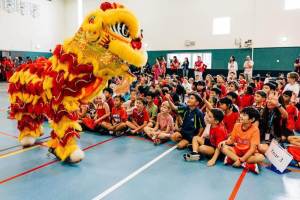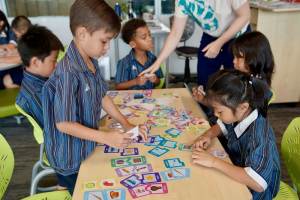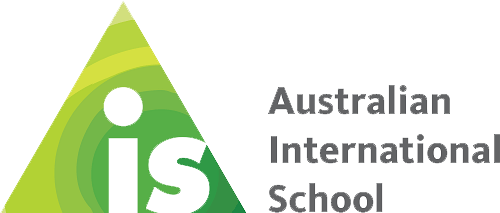The Lifelong Benefits of Learning a Foreign Language
Living in Singapore with children who attend an international school, whether starting in their early years, elementary or secondary, offers learners a unique opportunity to study an additional language. One of the most popular languages for children to learn in Singapore is Chinese, specifically Mandarin Chinese; however, other options, such as French and Spanish, are also common. As the world becomes more interconnected, speaking various languages has become a key focus in communication and employability. However, with the increase in language translation applications, some might question the need to learn additional languages, yet the benefits of learning another language far outweigh communication alone. Here are some of the benefits for children that will last a lifetime.

Developing an International Mindset
Learning another language not only allows you to understand the language and about another culture when taught at a globally-minded international school. Language learning at the Australian International School Singapore also includes cultural appreciation, such as studying Chinese folktales or participating in festivals such as the Lunar New Year and interacting with native speakers in specialist workshops. International Baccalaureate (IB) World schools offer languages as a core component, allowing students to expand their international mindset to be world citizens. Living in Singapore, students can use their skills in various daily situations as Chinese is one of the official languages in addition to English, Malay and Tamil.
Increasing Linguistic Capabilities
Learning an additional language can enhance mother-tongue communication. As you learn more about another language, you become more conscious of what you know in the first language, and learning a new language helps you put names to what you learned instinctively in the first language. You become aware of the differences in structure, vocabulary, grammar, idioms, and sentence structure between the two languages, boosting awareness of the new language and your current.

Enhancing Cognition
It is no surprise for anyone who has tried to learn a new language that it taxes the brain in a good way! Learning a language requires attention, memory and reasoning, which can improve cognitive performance in other areas of our lives. Studies have shown that constant mental exercise involving two or more languages can strengthen neural connections and preserve cognitive function as we age. Speakers of multiple languages tend to multitask better than those who speak only one language. Alternating between two languages requires constant inhibition and activation of language systems, strengthening multitasking skills.

Sparking Creativity
Learning languages and other cultures allows our brains to become more flexible and receptive to new ideas, stimulating creativity and inspiring new perspectives and creative solutions to problems. As creativity abounds in many young learners, language programs in their early years of education are popular as the brain develops.
At the Australian International School, preschool students learn Mandarin four times weekly in a fun, play-based environment that boosts vocabulary, conversation skills, and cultural awareness. Mandarin language classes increase daily in Elementary school with distinct levels as students progress differently in reading, speaking, listening and writing. Once students enter secondary school, they can select Mandarin or French and take over 25 courses as they prepare to graduate with either the IBDP or HSC qualification. With so many great opportunities to learn and study a language in Singapore, it’s no surprise that a wave of new students come to Singapore each year.
If you wish to learn more about AIS or schedule a school tour please contact the school here.






